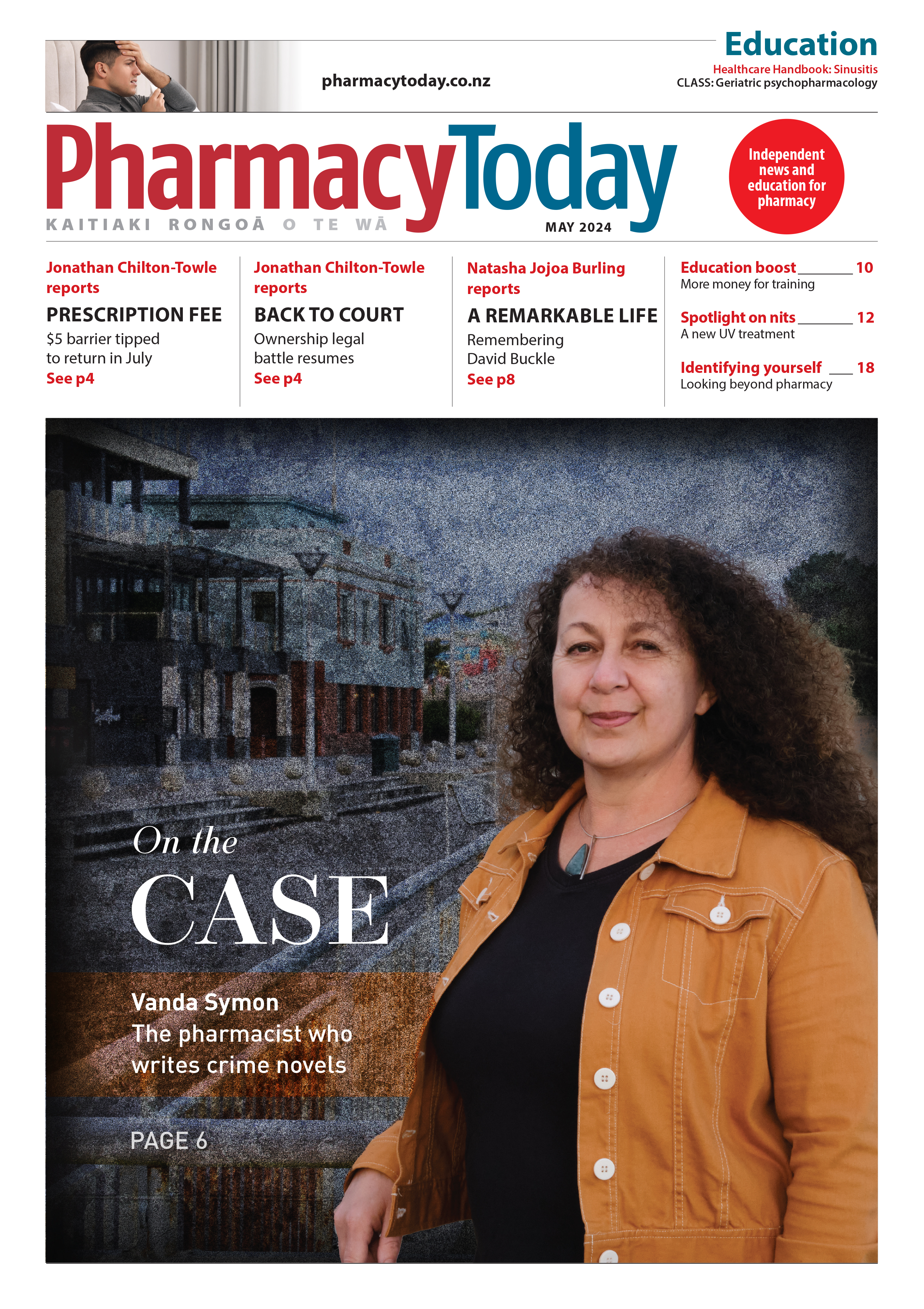This article, written by Sidhesh Phaldessai, provides an overview of geriatric psychopharmacology, including the epidemiology of mental health disorders in the older population, the physiological changes that occur with ageing and their impact on pharmacokinetics and pharmacodynamics, and the use of psychotropic medications in older adults
Study finds unexpected benefits from free school lunches
Study finds unexpected benefits from free school lunches

Researchers are calling for the Government to increase its support for free school lunches
Free school lunches have benefits not only for hungry children, but for their whānau and local economies, according to researchers who recommend expanding the programme.
“It’s like dropping a rock in the pond and getting all these ripples that go out from the child to their family, to the school to the community and the local food system,” says Professor Boyd Swinburn from Waipapa Taumata Rau, the University of Auckland.
Researchers from the University of Auckland, Te Kura I Awarua Research Centre at Te Pūkenga Hawke’s Bay and consultancy Synergia reviewed data from the Ka Ora, Ka Ako Healthy School Lunch programme, as well as international literature, with findings just published in Policy Quarterly.
This study builds on earlier evaluations finding that Ka Ora, Ka Ako can improve children’s health and educational outcomes. The research found Ka Ora, Ka Ako can also:
- enrich school environments
- boost local economies
- enhance availability and affordability of healthy foods and
- encourage innovations, such as sustainable packaging.
Currently, Ka Ora, Ka Ako provides free healthy lunches to all 220,000 learners in New Zealand’s 25 per cent low Equity Index schools at a cost of $263m for the 2022/23 year.
In the 2023 Budget, the programme was extended for a year, facing an uncertain future after that.
However, the researchers say it deserves secure long-term funding and to be expanded.
An earlier 2022 survey of 2,000 year five and year nine students across 40 Hawke’s Bay schools found it was not only students in low advantage schools experiencing food insufficiency but also some of those in high advantage schools (J Royal Society).
This has led to a petition, led by public health advocacy group Health Coalition Aotearoa, calling for a doubling of the reach of Ka Ora, Ka Ako in the 2024 budget.
Lead author Dr Kelly Garton from the University’s School of Population Health says it is important the healthy lunches continue to be delivered to all students within a school, rather than being targeted to those from poor families, as some have suggested as a way to save money.
“The stigma effect associated with targeted delivery undermines participation by those kids who need it most,” Dr Garton says.
“Plus, the research shows there's a good case for increased wellbeing and improved dietary habits for kids stemming from the act of eating together, all sharing the same meal.”
Hawke’s Bay principals who were asked for feedback said children are noticeably healthier and more focused and whānau are less stressed.
"Health and education go hand in hand and a lack of proper nutrition or access to food should not be a limiting factor to a student achieving educational success,” says Flaxmere College Principal Jim Hay-Mackenzie.
“Students are enjoying their kai and the sense of whanaungatanga that they experience by eating together. Staff are noticing that students are settled and more focused in the period immediately after the lunch break."
Professor Swinburn says the researchers would like to see the scheme extended to cover at least half of the country’s schools, including secondary schools, because there are still 12 to 14 percent of children with home food insecurity in those mid and high Equity Index schools, which are not eligible for the Ka Ora, Ka Ako programme.
Not only would learners benefit, but their families and communities.





